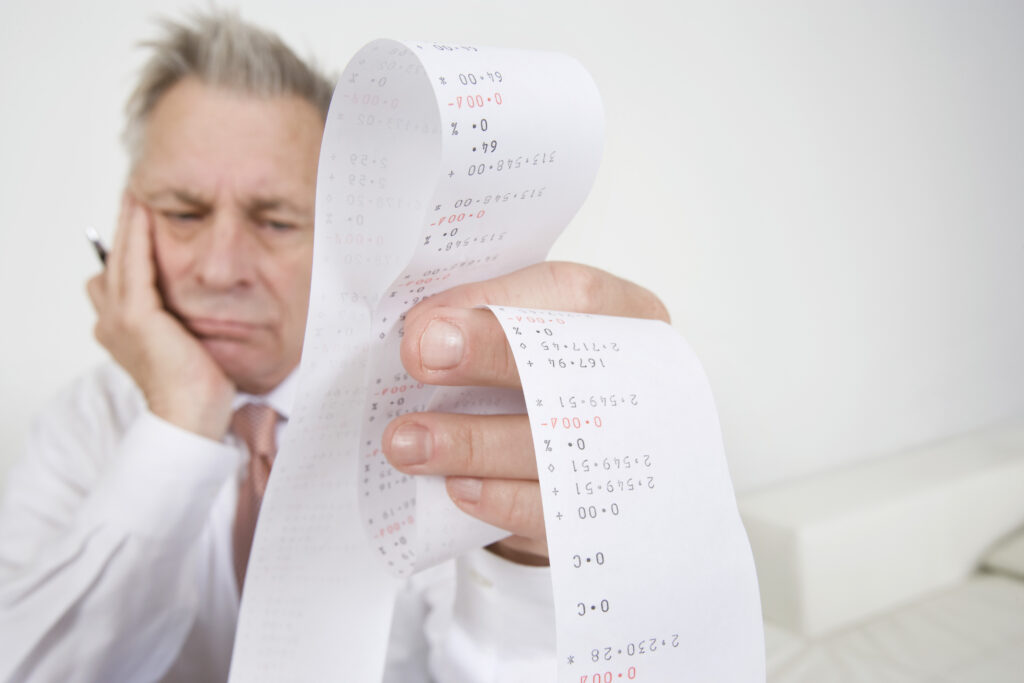With all of the changes to the tax code as a result of the implementation of the Tax Cuts and Jobs Act, you may be confused as to how this affects your potential write-offs, and the information you need to track as part of your tax preparation. As a general rule, it’s still a good idea to hold on to as many receipts as you can on the off chance that they’ll be helpful to you come tax season.
While the new tax system has resulted in more people taking the standard deduction and fewer people itemizing, our tax service in Des Moines, IA believes it’s still worthwhile to at least keep your receipts and see the kind of potential you have for savings once the tax season arrives. Here are some of the categories of receipts you should be sure to hang on to.
Medical expenses
Exactly what types of medical expenses qualify for deductions on your personal income tax return? Some examples include:
- Premiums for your healthcare plans, including medical, dental, vision, long-term care, Medicare Part B and D and any other insurance you’re not reimbursed for and that is not paid with pre-tax dollars
- Copayments for your medical, dental or vision care
- Costs of prescription medication, contact lenses, breast pumps, eyeglasses, lactation aids, hearing aids, wheelchairs, braces, guide dogs, medical aids and medical examinations
- Chiropractic services, psychiatric or psychological sessions, occupational and physical therapy and acupuncture
- Nursing care and hospital stays
- Weight loss programs
- Transportation, parking and tolls for trips to and from appointments with medical professionals, as well as transportation via ambulance to medical facilities
Childcare
There are still deductions available for childcare, which means you could potentially save quite a bit of money by holding on to all of your paperwork and receipts to use during tax season. You could qualify for child or dependent care credits if you pay a daycare, babysitter, afterschool program or day camp. If the care is in your own home, such as by a maid, cook, housekeeper or nanny who also works with your child, you could qualify for additional deductions.
Keep in mind, though, that these deductions and credits are only available if you were paying for them to enable you and your spouse to work or look for work.
Work expenses
If you have any work expenses that are not reimbursed, you are able to deduct those expenses on your taxes, including costs of equipment, office supplies, tools, required uniforms (that you can’t wear outside of work), protective gear, professional dues (such as union membership), subscriptions to professional magazines or journals and other expenses paid as part of your employment.
There are also self-employment expenses you can deduct, including materials, supplies, marketing, expenses paid for renting office space, travel expenses, insurance and more.
For more information about what you can and cannot deduct and when you should hold on to your receipts for your tax preparation, reach out to our tax service in Des Moines, IA to schedule a consultation.

